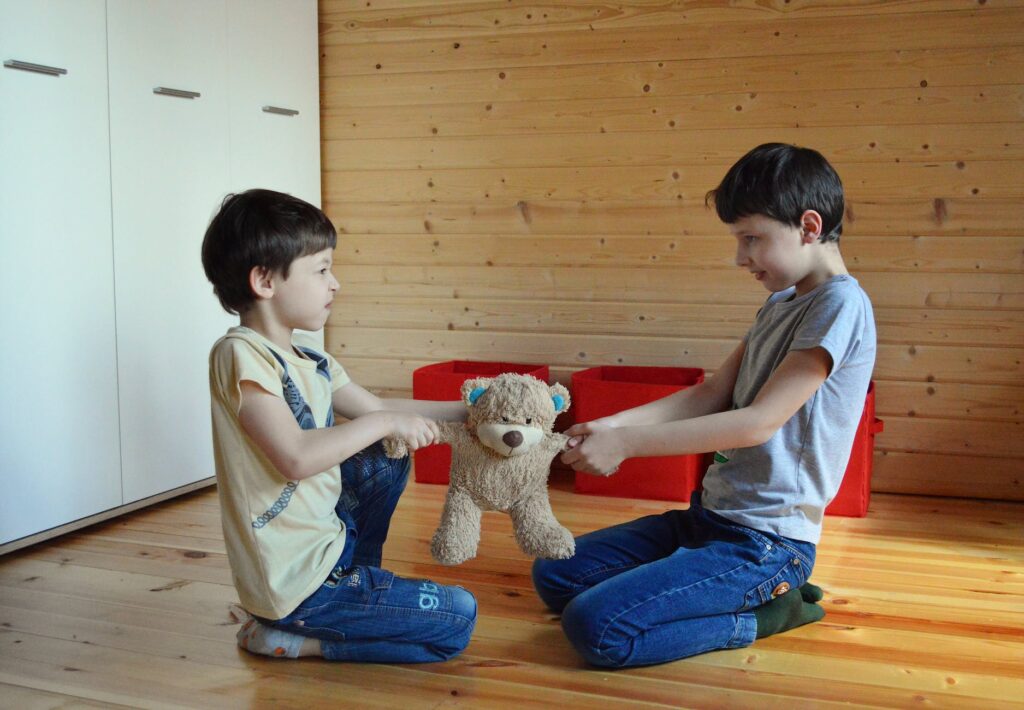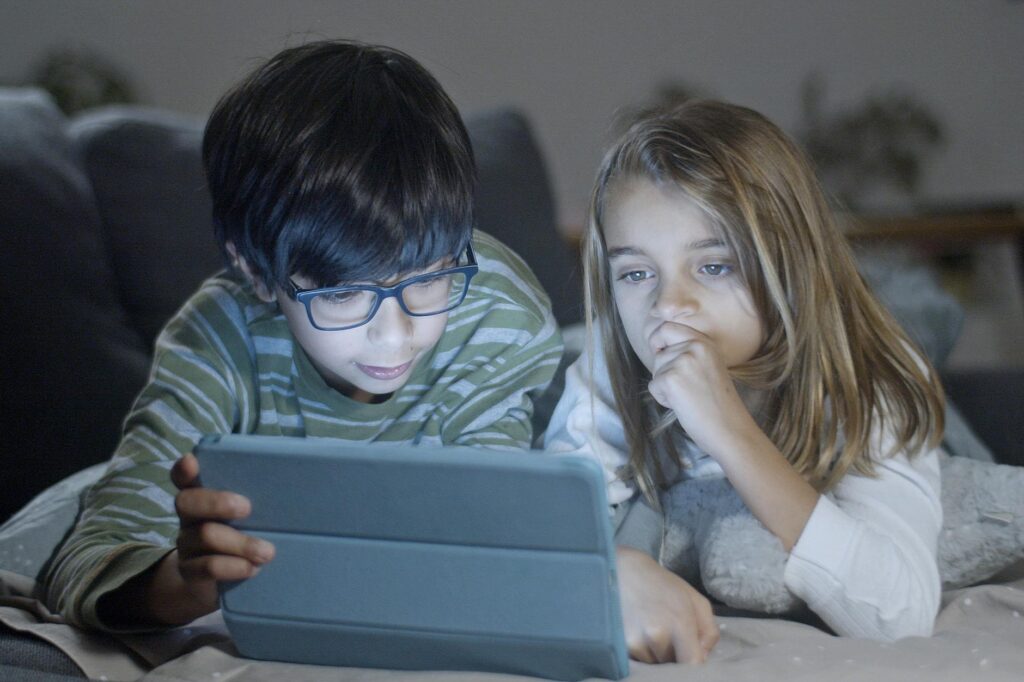There has been a lot of fighting lately at home. I’m talking about the children. It was getting hard to watch them bicker over things that seemed unreasonable. I would sometimes intervene to solve the problem but not create a solution for the future. One day as the kids were getting into their back and forth, I jumped in to cut the noise. Not too long after, I realized I was adding to the problem. I had lectured my children about being kind with their words and tone, but here I was, yelling at their lack of maturity and ability to de-escalate small matters.
A prayer and an outcome in conflict resolution
I knew I needed to step up my game. I needed the wisdom to impart the proper guidance and offer tools to use in the future. That night I prayed for patience and insight to help my kids. Every time I pray over something intentionally, I have also found myself to be intentional in those areas.
So, the next day, I sat my kids down, and we talked about what it meant to maintain peace in our home. I allowed each kid to share their point of view about what was causing conflict, annoyance, and irritation toward the other. They each came up with a list, and the other child had to acknowledge their behavior and agree to stop doing so to maintain the peace.
Peace. Isn’t that the keyword?
Personal Retrospection
We strive hard to mold our children into good human beings – the ones who don’t start fights but resolve them, demonstrate calm amid the storm, and solve problems instead of adding to them. But if we retrospect, we will find that many of the model values we are striving so hard to bestow upon our kids are the same ones we do not keep when faced with our weak moments. These are the struggles of parenting -strong emotions leading to irrational outcomes. These outcomes leave us with feelings of guilt.
The intent of this article is not to leave you feeling vulnerable but help your continuous pursuit of growth and learning in your parenting journey.
I know that to teach my kids to solve problems and manage conflicts, I have to change how I do it in my surroundings, whether with my husband or with them.
Change does not happen overnight. But we can intentionally choose to do things differently.
Here are a few ways you can hold yourself accountable to parenting goals:
- Set Reminders Set daily reminders on your phone. This may sound crazy, but I have done this, and since I never check off the reminder, it is always there.
- Accountability: Ask your children to hold you accountable. Tell them that you would like to help them by setting an example. It is such a great way to have open communication. Your children can relate to you when they know you are not perfect, and sometimes you struggle with the same things they do.
- Spouse Assistance: Ask your husband to hold you accountable. This is also an excellent way for your husband to remember to be consistent in demonstrating the same behavior as you are.
Two Strategies for Conflict Management
Let’s talk about strategies to assist our children when they reach the point of no return in conflict resolution. I also highly encourage you to applaud when you watch your kids working out their problems without help. It creates reinforcement. I am sharing two strategies we use in our home when the kids cannot resolve matters independently. Give them a try, and let me know how they work for you.
#1 Behind the Door technique:
I love this idea and cannot take full credit for it. I remember hearing of it on a podcast, but I cannot recall where I heard it, so I improvised, and it works every time.
When to use: If your kids are arguing and each has a different story
Where: Send them behind closed doors into the pantry or bathroom (not anywhere they can get cozy)
How: Have your arguing children agree on what happened. The goal is to have one story. It will solve half the problem. I tend to send them back into the bathroom if they come out and still do not have the story straight.
Outcome: Your children will have fessed up to their behavior by agreeing to what truly happened, and we typically resolve it with apologies and hugs.
#2 Teach Problem Solving
Most quarrels are over a problem. I always remind my kids that we need to be problem solvers, not problem makers. Solving problems requires higher-order thinking. You need first to identify what is the underlying problem and then find a solution for it. I don’t expect such skills from my three or five-year-old, but you can help build those skills out. You are teaching them life skills when you take the time to solve the problem versus you solving the problem for them.
Here is how you can teach them to solve their problems. Discuss the fact that there is a problem at that moment. Ask them three questions.
a. How do I feel?
b. Why do I feel that way?
c. Who is causing me to feel that way?
You can get a response like this – I am feeling annoyed. My brother is following me around. Brother #1 is making me feel this way.
Once they have answered these questions, ask them to think about a few ways they can resolve the problem. Help the little ones with ideas and let them know there are many ways to work things out.
If my oldest solves a problem when I am not around, she is always excited to tell me what she did and how she did it. I also reward her if she is intentional and has a successful outcome.
Final Thoughts
This is not the last time I will write on this topic. I hope you find this post helpful in your parenting journey. Will you try these out and let me know how it goes? And as always, feel free to leave a comment or reach out to me using our contact form.



